What’s the best way to get back into the Olympic lifts? Sign up to compete! I chose an event just 4 weeks in advance and man was it an adventure. I know many of y’all go back and forth with competing, so I thought I’d share my story.
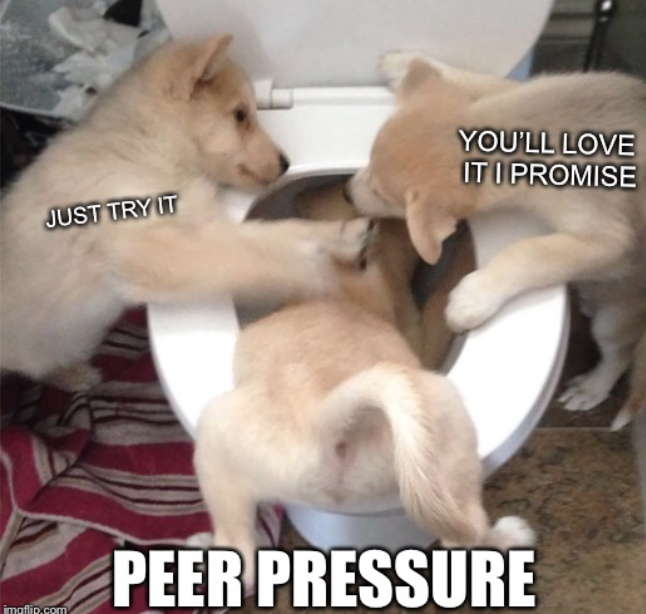
Recently I’ve revisited my interest in olympic weightlifting, and as I mentioned, decided to solidify it by competing in a USA weightlifting sanctioned event, which created a hard date for me to be ready by. Or at least the most ready I could be. For those who don’t know, the two Olympic lifts in competition are the Snatch and the Clean and Jerk. Both lifts end with the weight overhead. The snatch is one full motion catching it above your head with a wide grip, while the clean and jerk is a two part lift that incorporates a grip just outside your knees – the clean part is bringing the weight from the floor to the shoulders, while the jerk is overhead.
This first section I am writing right now is 4 days before the competition. Let me give you a quick background with my experience with Olympic lifts.
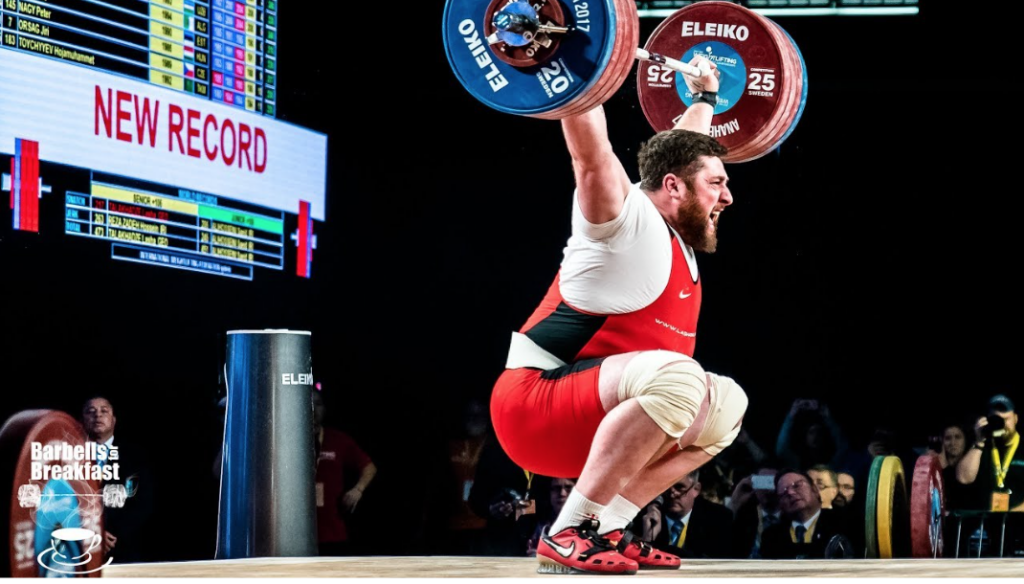
I started Olympic lifting early, at about 14 years old. My dad was a strength coach and he wanted me to learn young. I didn’t really take them seriously until much later, but that is when I started. A super unique aspect of my early training days – which still flies true today – was that I ONLY learned and trained the power versions of both of these lifts. What does that mean? Typically you receive the lifts in a full squat, but I never did. Instead I learned to catch the barbell higher. I did this for two reasons. For one, because receiving the barbell in a full squat is particularly difficult for me due to my height, and two, because most sports don’t require it or teach it, which was my primary purpose for training the lifts in the first place. So due to me never having to use it, I never did.
Throughout high school and college I only did the power versions and only really did the clean. The snatch is underutilized in my opinion, but also intimidating to learn. When I had the snatch put into my programs it was only for like a month, and really light. So I never had the practice, and to be honest, I wasn’t good at it so I never liked it.
In the last year or so I started dabbling with the powerlifting movements – which include the back squat, deadlift, and bench press. While I do enjoy them, I am not particularly competitive with them, so I put the power clean back in. And after just two weeks of putting it back in, I was presented with the idea of competing. Now this has never really crossed my mind, and in my opinion, I am not built advantageously towards competition. Why? I’m 6’6”. This limits my ability to lose or gain weight to fit into different weight classes, meaning I was stuck competing in the 109 kg plus category. Now this is a subject for another day, but with no ceiling of weight, typically people compete at as heavy as they can because in a simple sense, weight moves weight.
So I had 4 weeks. How did I prepare?
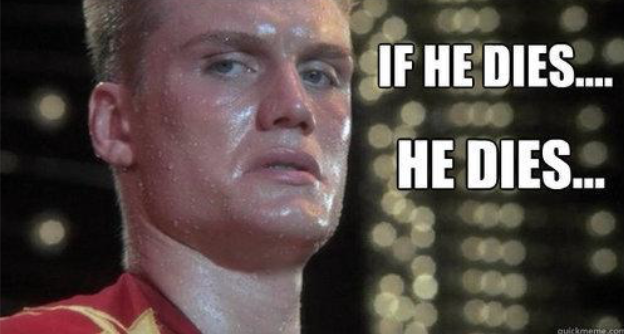
First of all, training for the Olympics is a very “Bulgarian- style” process, meaning you’re doing the lifts and a variation of them just about every single day. The “Bulgarian” style of lifting is essentially a war of attrition… You get a long progressive program, and IF you make it through, you end up doing pretty well. What this style does bring to the table however, is extreme ownership of controlling your intensity levels, and maximizing recovery efforts.You mess up these principles, and you’re in for a long long journey. So taking this into account, I needed to maximize my ability to get the much needed practice in, while not sacrificing my ability to compete due to overtraining…. which led me to something we should ALL be doing – focusing on my weaknesses.
So my current weaknesses are poor mobility for overhead, snatch, jerk, and reps. My clean wouldn’t have held me back so I didn’t need to go heavy on it. But it was still a laundry list of things to work on. Plus I didn’t know how to select openers for the meet so I decided to try things that were heavier on the snatch side while conservative on the clean and jerk.
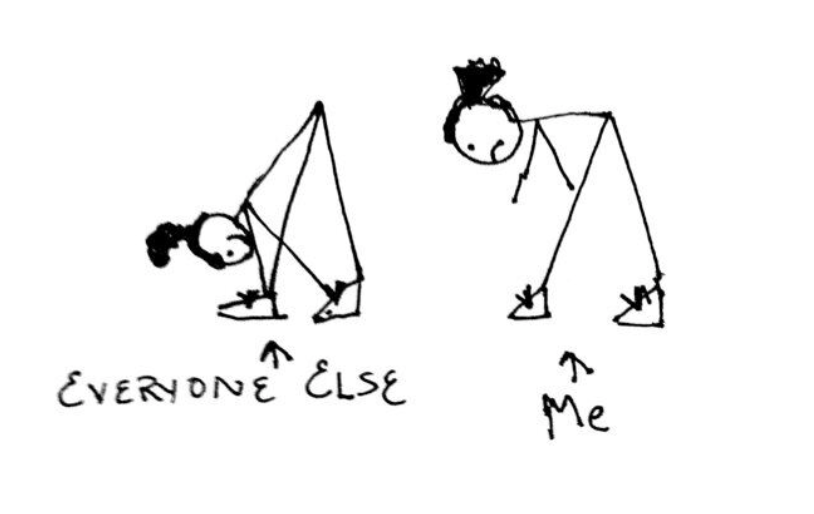
So I choose 3 days a week that I would work on all of those things. I focused only on one day that would be heavy and challenging in terms of intensity, and every other day was more focused on being able to complete the rep as best I could. That is what I did for the skill portion.
In terms of mobility, the best mobility drills you can do is the movement you need to complete, WITH weight. More repetitions in those positions is what you need, so that was taken care of with the workout. However, with my limitations being so severe I need accessory work. So my warm ups consisted of the hip and ankle drills that I needed to progress my overhead ability. Think of the main lift as the main course (due to the intensity), and the additional work as my snacks. It is easier to snack in addition to the main course to get more mobility volume rather than just binging on the main course and getting too full too quickly.
So trying to avoid the Icarus ending, I needed to push the lifts without getting too beat up. Spending time in the overhead position was a must so I incorporated overhead squats, snatch balances, and full snatches the most. One week before the meet I decided to take a little bit of a heat check in order to see where I land. I was able to beat my opener lifts by 10kg each and counted that as a plus, especially while feeling a bit more beat up than usual.
So this is where I am right now. The next part of this blog will be after the meet…
The Meet ended up going really well! I went ⅚ with my lifts and didn’t make a fool of myself. What I didn’t expect was the large amount of adrenaline from the time I stepped foot in the door. Having to complete 6 lifts doesn’t sound like too much of a task but it took me a few days of recovery just from how much adrenaline was rushing through me.
It was great to see the other side of the meet, how the competitors warm up, organize, and accomplish their tasks. Looking back at what I did I think I prepared as best as I could and the only reason I missed my last lift was due to me going for a 20 pound personal best.
Turns out I qualified for Nationals so that has become a new interest for me. The next opportunity I have on my calendar would be something in October. At this point I will put a few more Olympic based lifts in my programming and see how I feel in a couple months.
Overall it was a great experience and I appreciate the support I was able to get from my family and friends. Definitely opened my eyes to how competition can reignite competition and focus
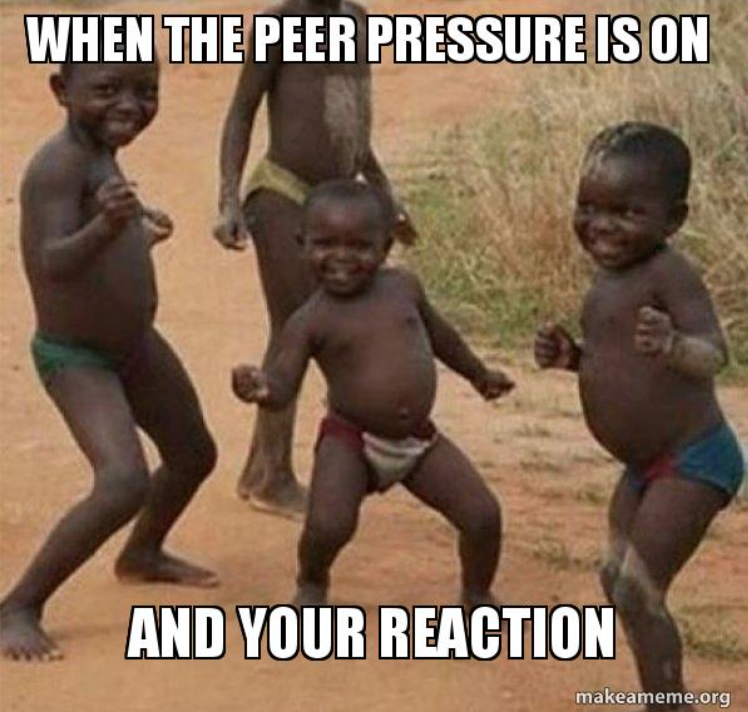
If you love to execute the olympic lifts, but feel stuck due to pain or mobility issues, we can help!! If you have any questions, please don’t hesitate to give us a shout.
Thanks for reading,
Dr. Ells

